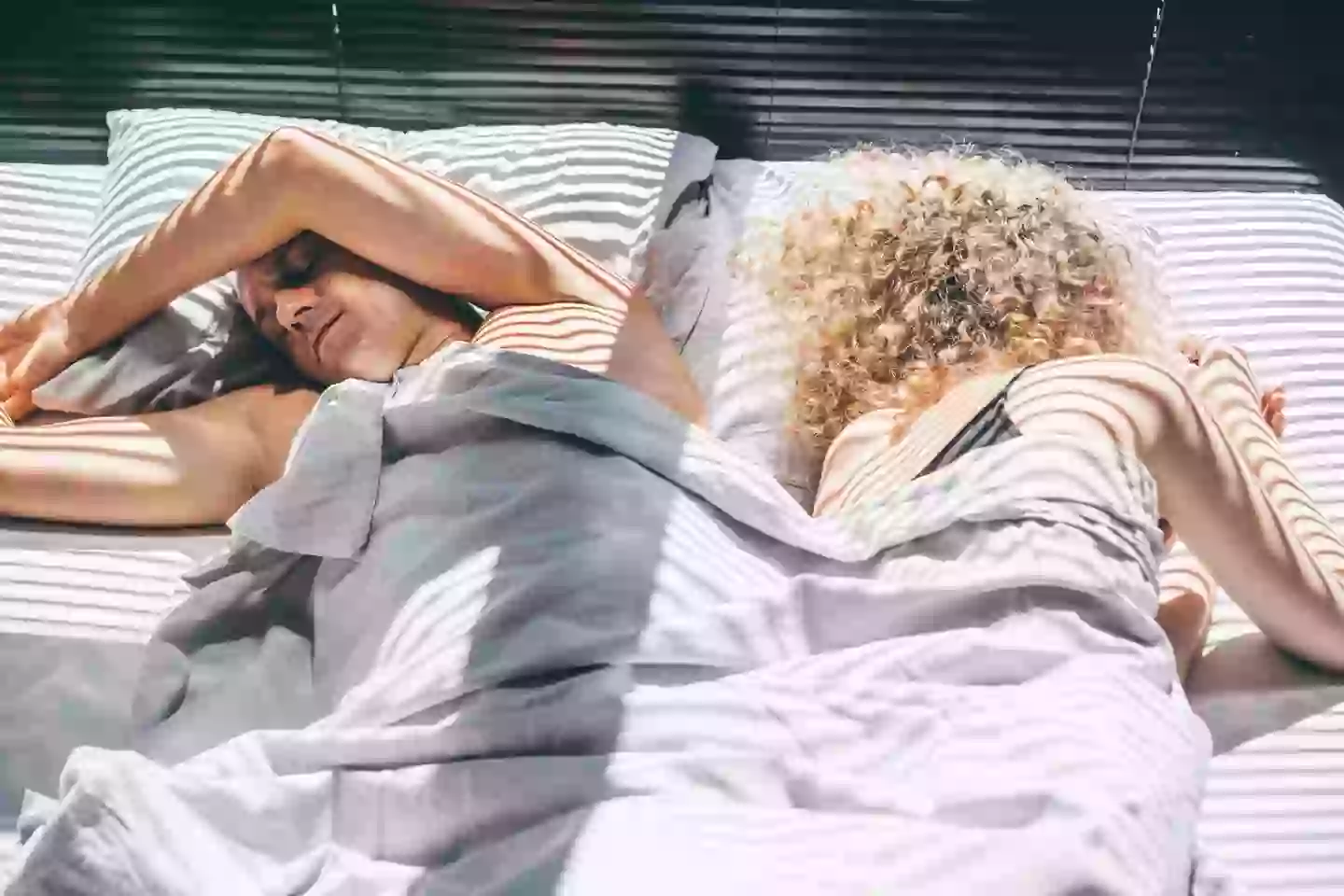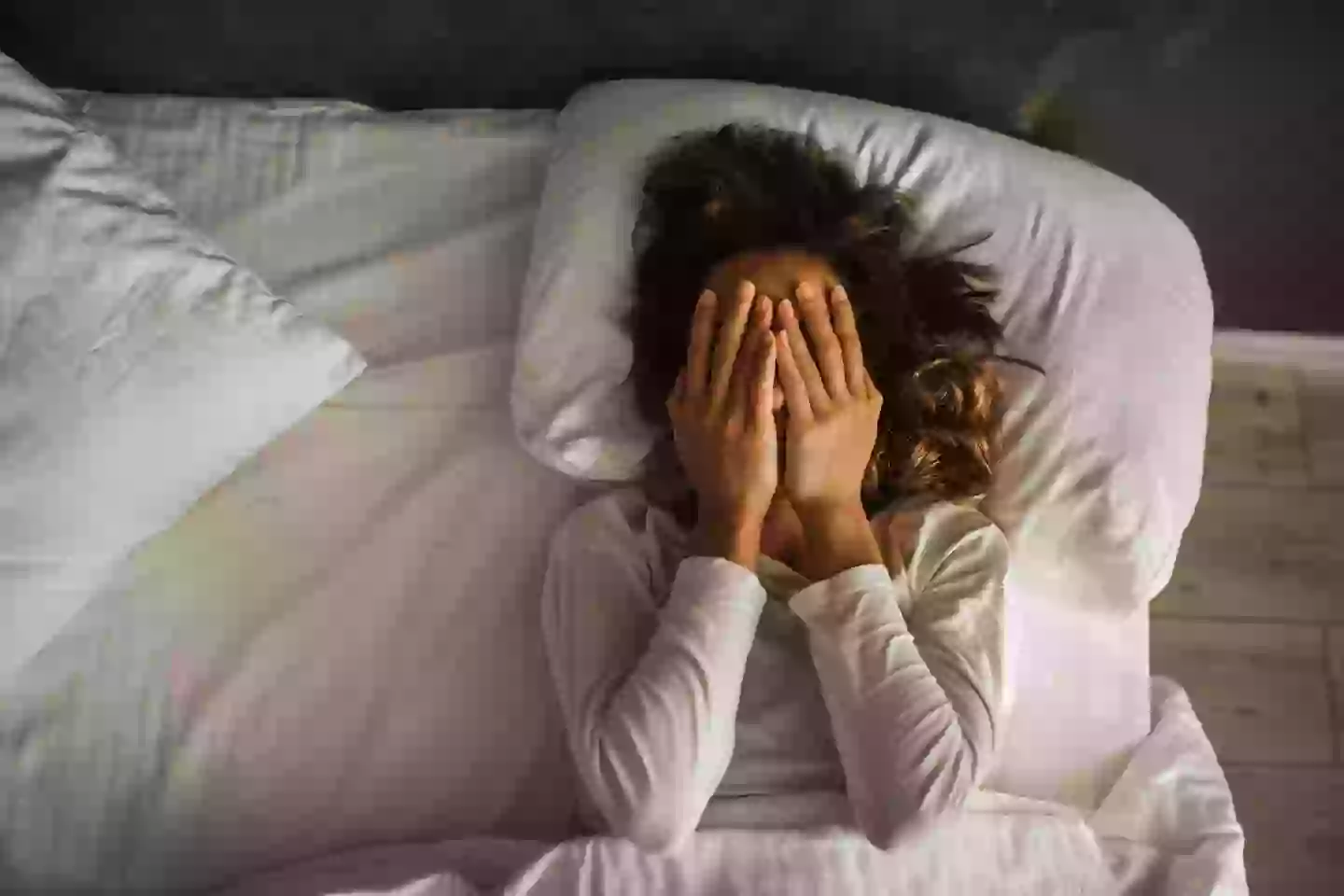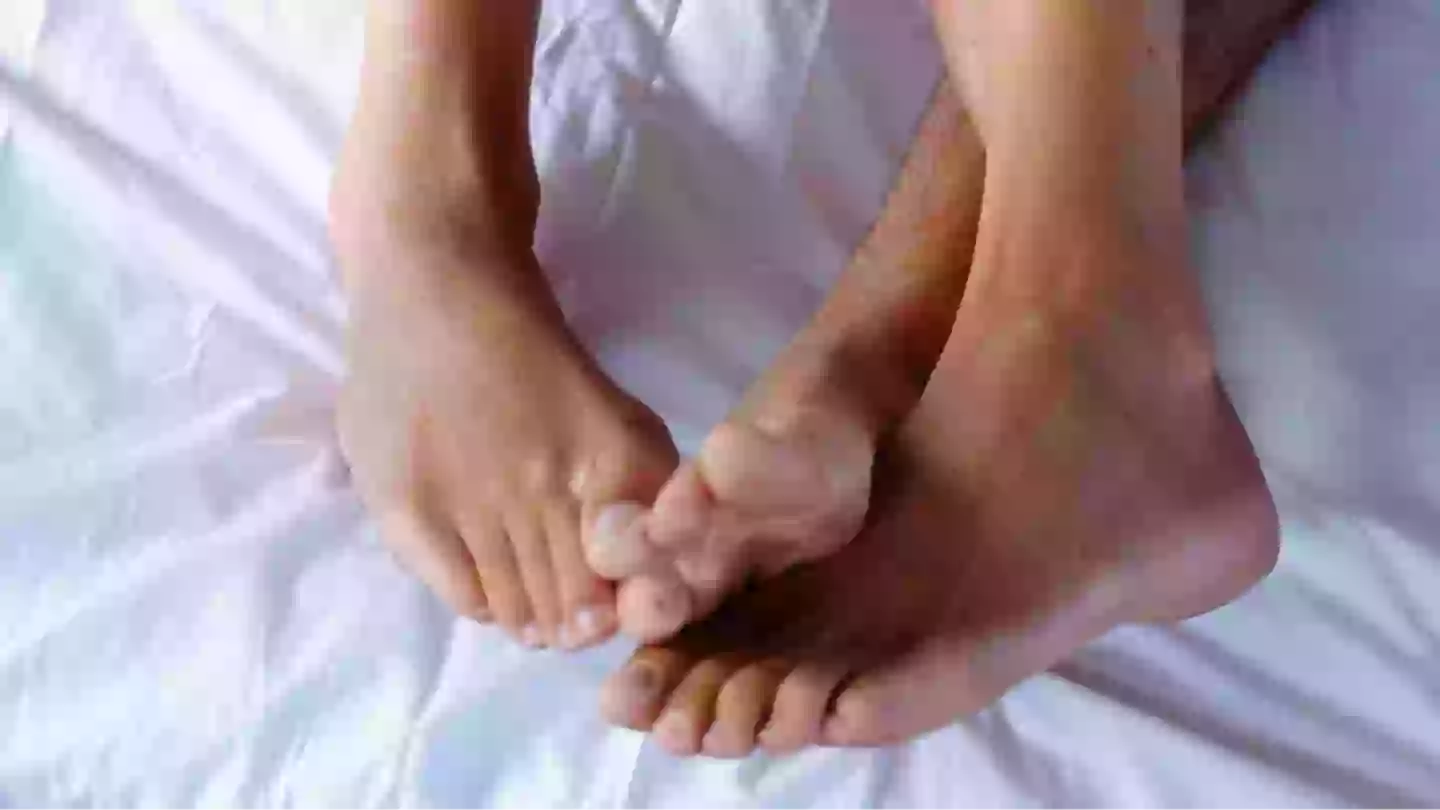According to recent scientific research, there’s a valid reason why sexual activity can lead to improved sleep.
Achieving a solid eight hours of sleep each night can be challenging due to various lifestyle factors like stress, children, health issues, and dietary habits that impact sleep quality.
Many people are aware that caffeine should be avoided before bedtime. If you’re dedicated to optimizing sleep, you might also indulge in kiwis, apply face masks, and strictly limit the use of electronic devices.
But what if there was an easier—and more enjoyable—method to ensure a good night’s sleep?

If you’ve ever found yourself drifting into a deep sleep after an intimate encounter, you’re not alone. Science provides a rationale for this phenomenon.
The journal Sleep Health published a study revealing that sexual activity, whether alone or with a partner, significantly influences sleep.
Researchers discovered that this intimacy not only helps individuals fall asleep quicker but also reduces nighttime awakenings and enhances overall sleep quality.
Michele Lastella, a senior lecturer at CQUniversity Australia, remarked: “I have been investigating sleep behaviors in the adult population for several years, while this has predominantly focused on improving the sleep behaviors of elite athletes, I am always asked various questions about sleep.
“A frequent question asked ‘how come my partner falls asleep straight away after sex and I can’t’ and I thought if people are frequently asking me questions about this, then this must be indicative that there is a real lack of research evidence around it.”

However, it seems that achieving a great night’s sleep is only possible after reaching orgasm.
The study involved seven heterosexual couples in South Australia, all around 26 years old, who were healthy, sexually active, and cohabiting.
Participants were screened to confirm the absence of underlying sleep disorders, and none were pregnant or had children, which could significantly affect sleep patterns.
The couples, who engaged in sexual activity at least twice a week, were observed over 11 consecutive nights with various conditions set for each night.
On one night, sexual activity was prohibited. On another, solo masturbation was required, and on another, sex with a partner, with the latter two requiring climax.
Participants kept a diary of their mood and sleep quality, while a wireless polysomnographic device (DREEM3 headband) tracked brain activity, movement, and breathing.

The research revealed that although participants went to bed later after sex, they spent less time awake—about seven minutes less compared to nights without sexual activity.
Interestingly, participants did not perceive differences in sleep quality across the three nights, but they reported feeling more motivated the day after partnered sex.
The study suggests that the benefits of sex before sleep might be due to hormonal changes, such as the release of oxytocin and a decrease in cortisol, following an orgasm.

